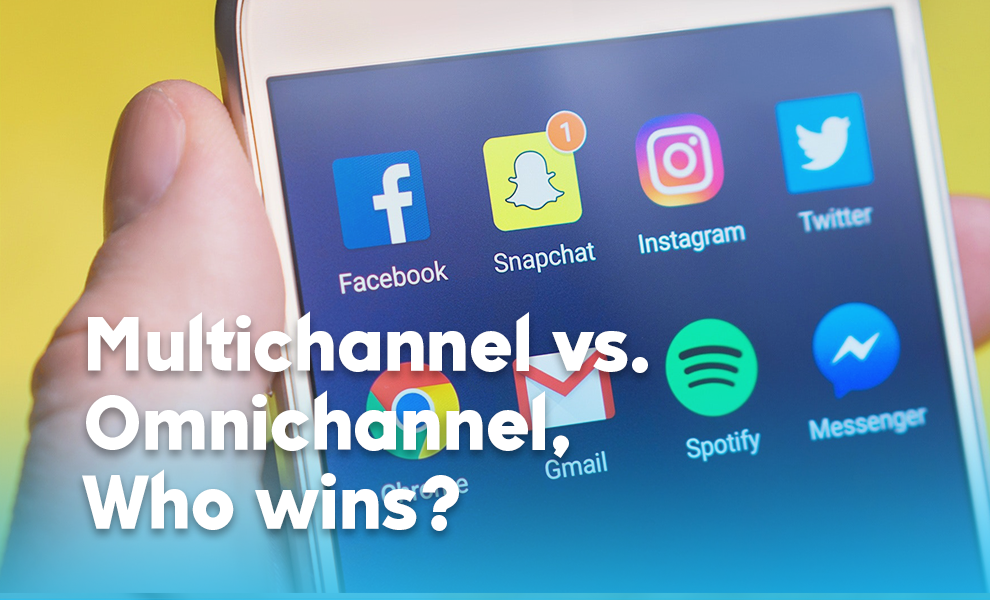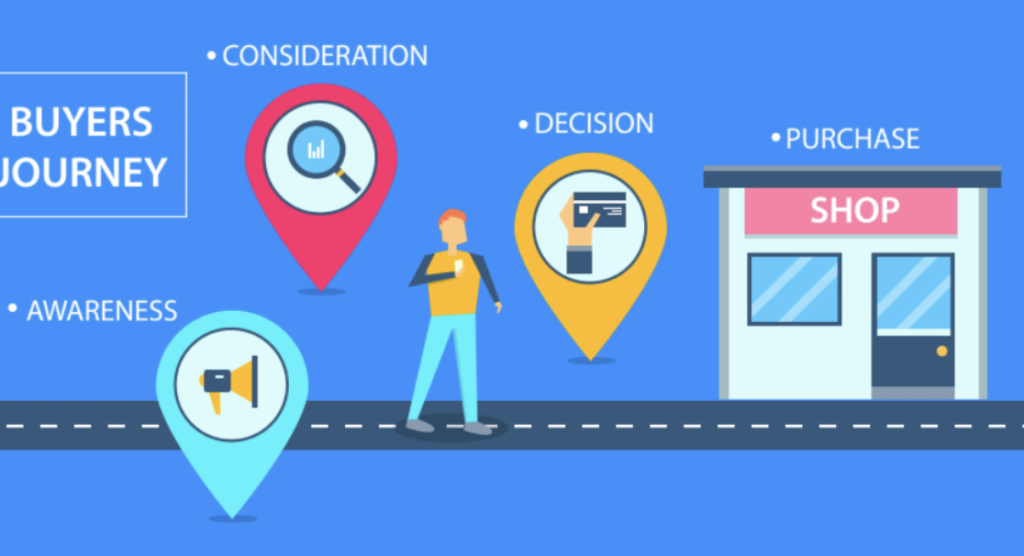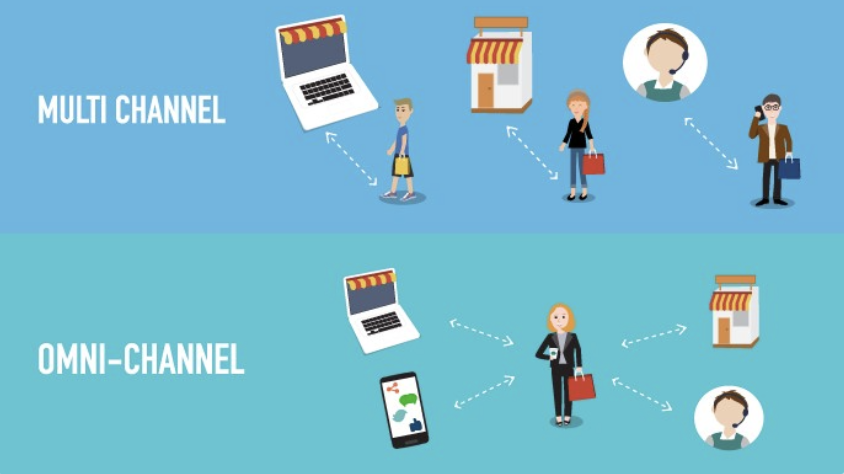
Multichannel Vs Omnichannel: Who Wins?
Jigger | January 31, 2023
A buyer’s journey can go any direction.
From social media to e-commerce sites, it’s kind of challenging to predict how people buy goods these days. Many business owners have updated their marketing strategy by going digital. Multiple types of online advertisements on different devices are becoming a norm.
Now, you may be wondering what type of online marketing works best? At deepconnex, we believe that your strategy can be either multichannel or omnichannel. Let’s differentiate the two.
What’s Multichannel Marketing?
This type of marketing uses several kinds of physical and virtual channels such as stores, social media, and more. Every channel has its own goals and strategies for the buying-selling process.
Many business owners prefer to have multiple types of marketing to increase sales. For instance, a social media campaign is for gaining more followers online, whereas a kiosk in a business convention is for in-person brand promotion.
How about Omnichannel Marketing?
For omnichannel, it also uses multiple methods, but every channel delivers a consistent message to customers.
In this type of marketing, it starts with the customer and the business follows their lead. Basically, the buying-selling process is based on how they interact with the business rather than the business reaching out to them.

What are their Key Differences?
The main difference is how customers are integrated in the business.
People have different ways to learn about a brand. However, in multichannel marketing, the channels don’t work together because they offer different functions. On social media, brands can invite people to buy their latest product, but in a business convention, they can learn about a business’s humble beginnings.
When it comes to omnichannel marketing, all channels work together to remind people of the same thing. Let’s say that a customer subscribes to an online newsletter to learn about the latest products. Because of their subscription, they will receive advertisements on their socials and email that promote the company’s latest offerings. These small details are how both channels unite to deliver the same message.
How Do They Affect E-commerce?
E-commerce sites provide one of the easiest ways to purchase products online. Multichannel e-commerce businesses simply provide product information and allow customers to purchase them on certain channels.
However, omnichannel e-commerce can generate more leads. When people are notified of new products from various channels, they tend to buy more. This is because that omnichannel encourages people to use other channels. Since the channels are linked, customers can naturally see them and make faster purchasing decisions. This could happen when an online newsletter features links to a business’s e-commerce website or social media page.

How Do They Affect Retail?
Multichannel and omnichannel retail have different methods. The former focuses on information dissemination, while the latter is a more customer-centric approach.
Let’s start with a scenario for multichannel retail. First, a business will update their customers about an upcoming sale, so they’ll have each channel blast ads. Next, the business will analyze the metrics of how they interacted with the ads in each channel. Finally, they’ll set their expectations on the day of sale based on their metric analysis.
As for omnichannel retail, businesses act based on what customers do. Here are some omnichannel marketing strategies:
• After making a purchase in-store, a customer receives a text message about new discounts when you shop in person.
• Coupons and a discount on the next purchase is sent via email after buying something online.
• A customer sees a Facebook advertisement about a sale after removing items from their online shopping cart.
These three examples show that customer data is collected, and a consistent message is sent to three different channels.
Who Wins?
It’s debatable. Both marketing strategies have their pros and cons.
On one hand, multichannel allows each channel to work on its own terms. It provides customers with various information about the brand. However, its messages are not consistent, and can vary based on its channel.
On the other hand, omnichannel sends a consistent message in various channels. It also bases its marketing on how people interact with a business. The challenging part of this kind of marketing is that it takes time and effort to monitor customer interaction and figuring out a consistent message that can sell. Overall, it would really depend on what you think is best for your business. If you want an expert’s take on what strategy to follow, send us a message here and we’ll be happy to guide you.
Subscribe to our newsletter now!
Receive weekly blogs and updates.
